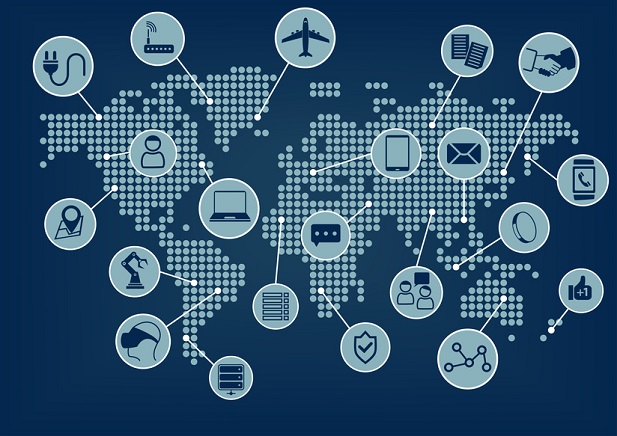Developing markets are increasingly providing the innovation within the Internet of Things, with new players developing solutions for smart cities, energy and the environment, a new report has claimed.
Beecham Research said there had been “strong growth” in the Arab states and sub-Saharan Africa, with the former concentrating on the smart city, energy and environmental applications and the latter focusing on payments, healthcare, water systems and agriculture.
New players in Brazil and Russia were also causing growth within the sector, the report noted.
It said Western Europe, the third biggest market after China and the United States, has focused on smart meters and low power wide area networks. Both the UK and the Netherlands have been particularly fruitful smart meter markets, the research house claimed.
China and the United States have had success with the smart home and industrial IoT, it added.
Robin Duke-Woolley, CEO at Beecham Research, said: “The IoT market is certainly gaining pace across every part of the world, but despite this it is not on track to reach the rather over-optimistic predictions made by some industry commentators.
“What is very interesting is the level of granularity across regions in terms of the different applications fuelling different markets. For example, Mexico is driven by transport including connected cars and with strong attention on consumer technology, while in Argentina the focus is on smart city projects and applications such as fleet management. Telematics along with public safety and security are common across the whole of South America.”
The report also found that cellular IoT connections spanning 2G to 5G reached 261 million by the end of last year and will approach 1.22 billion in 2021.
Saverio Romeo, Principal Analyst at Beecham Research, said: “The speed of adoption of cellular IoT connections is increasingly diverse among regions and even among countries in the same region. This is due to different stages of development, but also different regulatory regimes, government policies, cultures and the dynamics of regional and national economies.”
Romeo added: “Connectivity remains an important part of the IoT market and it is becoming evident that no one size fits all. Low-data IoT will be increasingly dominated by LPWAN solutions that will contribute to the erosion of 2G IoT connections, while operators will push the move towards 3G, 4G and eventually 5G for more data intensive applications. But we will also see multiple connectivity types used for the same application where they complement each other.”



